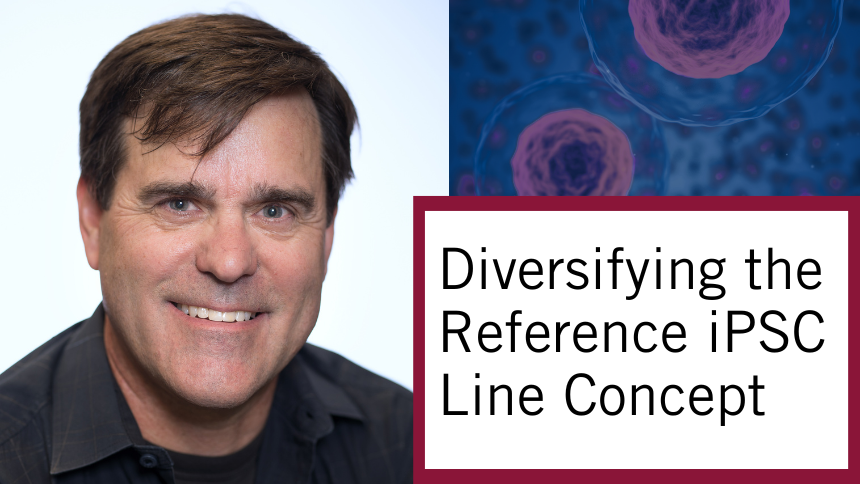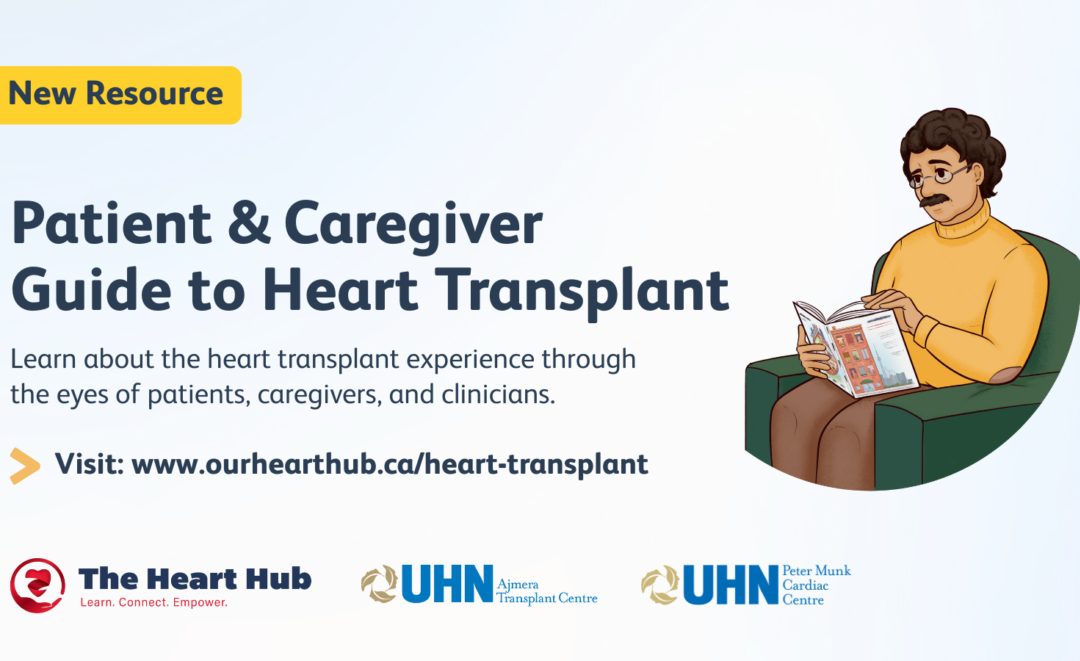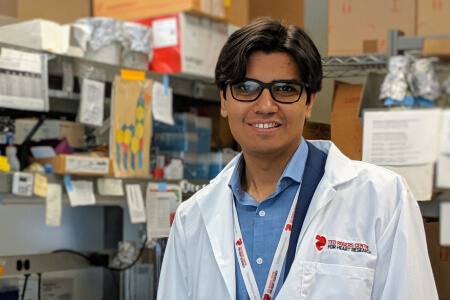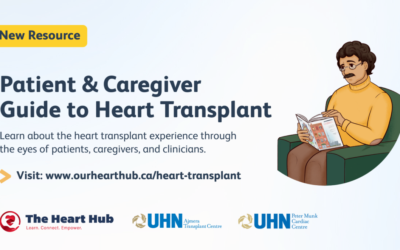Commentary: Dr. Mital and Allison Ouellette (SickKids) reflect on new paper published in Genetics in Medicine. They are not authors of the study.)
A UK collaboration demonstrated that large genomic reference datasets can be used to reassess genes implicated in Mendelian diseases. As described in a preprint article by Walsh, Thomson et al., clinical sequence data from 7,855 clinical cardiomyopathy cases and research-based exome data from 60,706 reference samples in the Exome Sequencing Project (ExAC) were compared to evaluate genes implicated in cardiomyopathies.
They found that variants purported to be cardiomyopathy-causing by the Human Gene Mutation Database (HGMD) were observed at frequencies too high to be compatible with the causation of cardiomyopathies, which are rare disorders. In fact, many variants classified as pathogenic or of unknown significance were seen with comparable frequencies in cases and controls. This was particularly true of hypertrophic cardiomyopathies, less so for other types of cardiomyopathies.
Study of Interest
In order to ascertain if functional location of variants can predict pathogenicity, they mapped the rare missense variants found in myosin heavy chain 7 (MYH7) along its protein domains. Of interest, they found that in hypertrophic and dilated cardiomyopathies, most variants were clustered in the myosin head, whereas most variants were clustered in the rod domain among controls.
This approach may provide a more precise definition of mutation-enriched zones in proteins that are functionally relevant, and this may better inform the pathogenicity of potentially disease-causing variants.
Overall, they demonstrated that refinement of variant classification in cardiomyopathies (and, by extension, in other Mendelian diseases) is possible by leveraging large sequencing datasets derived from cases and controls.
This further highlights the importance of sharing genomic datasets to improve the diagnostic and predictive utility of genomic testing.
















